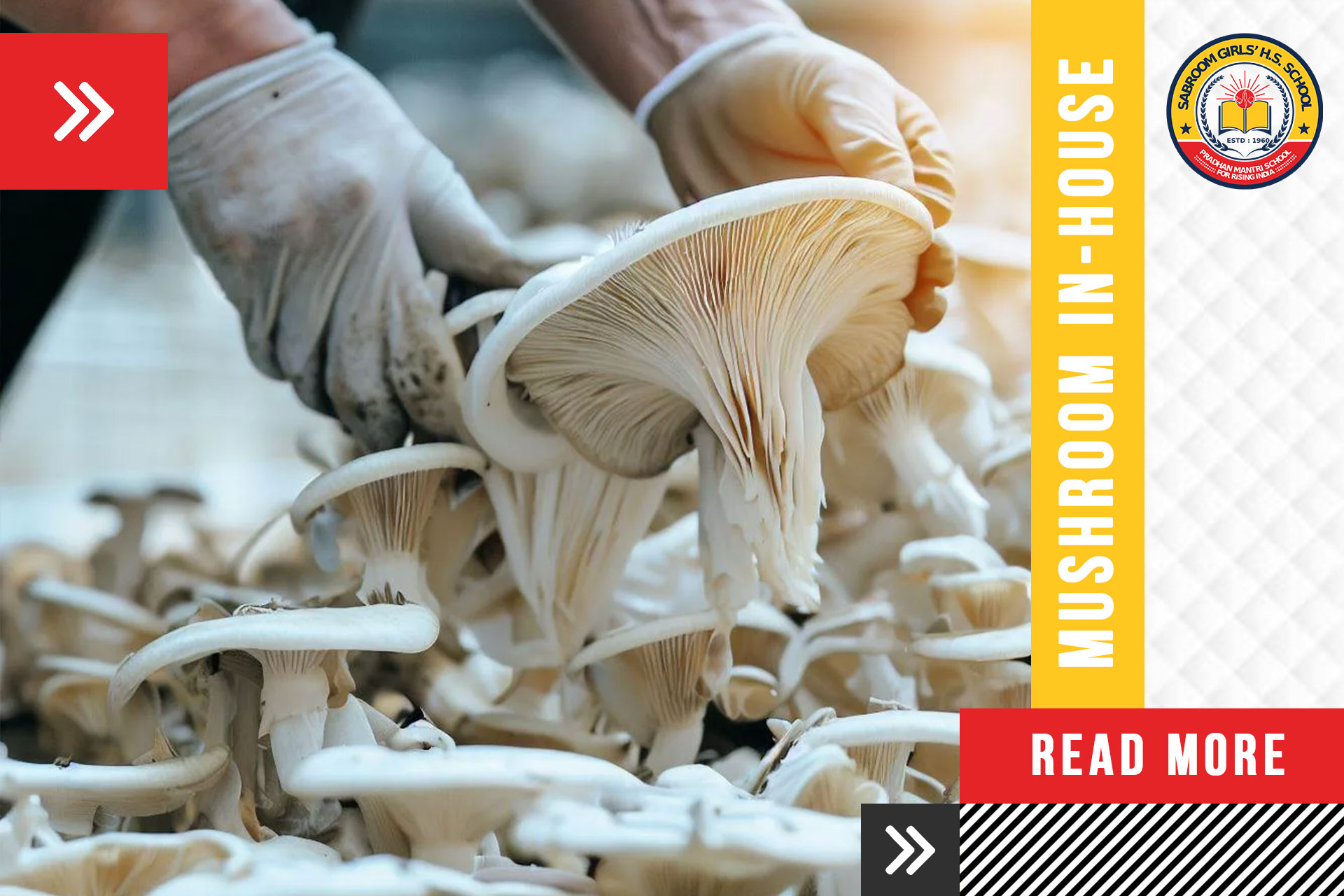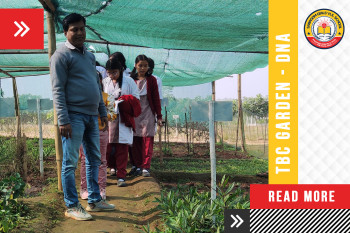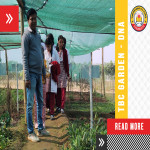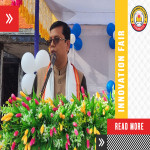In the realm of innovative educational initiatives, mushroom cultivation in schools stands out as a fascinating and educational endeavor. Led by the guidance of expert educator Sir Sanjoy Debnath, the DNA Club embarks on a journey of discovery and sustainability through mushroom cultivation. This blog post delves into the exciting world of mushroom farming in schools and the transformative impact it has on students.
Exploring Fungi:
Mushroom cultivation introduces students to the world of fungi, offering a hands-on learning experience that goes beyond traditional classroom teachings. Under the mentorship of Sir Sanjoy Debnath, students in the DNA Club gain insights into the biology, ecology, and cultivation techniques of mushrooms. They learn about different mushroom varieties, their nutritional value, and their role in ecosystems.
Hands-On Learning:
The DNA Club's mushroom cultivation project provides students with practical skills in agriculture and horticulture. From preparing mushroom beds to monitoring humidity and temperature levels, students actively engage in every stage of the cultivation process. This hands-on approach fosters a deeper understanding of agricultural practices and encourages a sense of responsibility towards plant life.
Promoting Sustainability:
Mushroom cultivation aligns with principles of sustainability and environmental stewardship. As students witness the circular nature of mushroom farming, where waste materials like straw or agricultural residues are used as substrates, they gain appreciation for sustainable agriculture. This eco-friendly practice reduces waste, conserves resources, and promotes a more harmonious relationship with nature.
Nutritional Awareness:
Through mushroom cultivation, students also develop awareness of nutrition and healthy eating habits. They learn about the nutritional benefits of mushrooms, including their high protein content, vitamins, and minerals. This knowledge empowers them to make informed dietary choices and promotes a holistic approach to wellness.
Entrepreneurial Skills:
Beyond academic learning, mushroom cultivation in schools nurtures entrepreneurial skills among students. Under Sir Sanjoy Debnath's guidance, students explore the commercial aspects of mushroom farming, including marketing strategies, cost analysis, and potential revenue streams. This entrepreneurial mindset encourages creativity, innovation, and a proactive approach to problem-solving.
Community Impact:
The DNA Club's mushroom cultivation project extends its impact to the broader community. Students share their knowledge and experiences with fellow classmates, teachers, and parents, sparking interest and awareness about sustainable farming practices. They may also collaborate with local farmers or businesses, contributing to the local economy and fostering community partnerships.
Conclusion:
Mushroom cultivation in schools, guided by Sir Sanjoy Debnath and the DNA Club, exemplifies the intersection of education, sustainability, and experiential learning. This initiative not only introduces students to the fascinating world of fungi but also instills valuable skills, promotes environmental consciousness, and nurtures a spirit of innovation and entrepreneurship. As students cultivate mushrooms, they also cultivate curiosity, creativity, and a deeper connection to the natural world.












